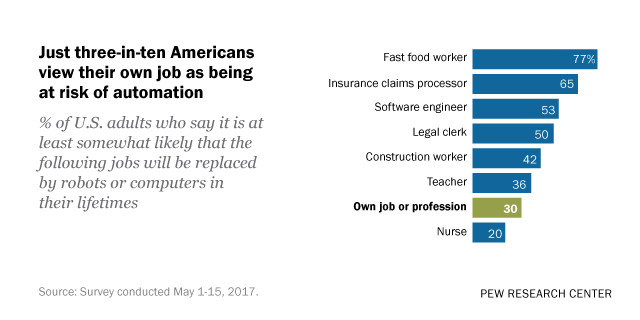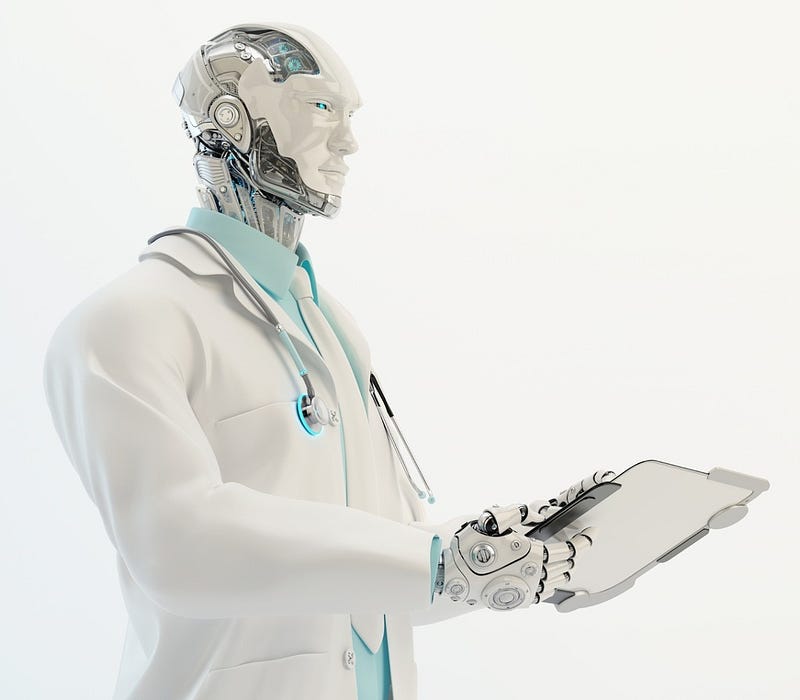OK, I made up that last one, but it doesn't seem so far-fetched anymore, does it?
Health care is seeing some strange bedfellows these days, and I, for one, hope we see more. I'm going to list some of the intriguing combination I'd like to see, but first let's start with what's actually going on.
CNBC and others have been reporting on Amazon's interest in pharmacy for several months, and just last week the St. Louis Post-Gazette reported they'd acquired wholesale pharmacy licenses in several states (a move that may mean less than it suggests). Pharmacy stocks immediately took a tumble (as had happened to grocery store stocks when they announced their acquisition of Whole Foods earlier this year).
No sector wants to see Amazon enter its space, as Amazon is known for low margins and excellent customer service. Health care is an appealing target, with pharmacy considered one of Amazon's most natural first targets, given high prices and convoluted supply chain.
Almost as if in response to the Amazon rumors, CVS surprised almost everyone with their bid to acquire Aetna. A drugstore getting into the health insurance business -- what sense does that make?
More than one might think. CVS is already a large PBM (pharmacy benefit manager), including for Aetna, and owns SilverScript, one of the largest Part D plans. They should understand this business, and they would increase their potential engagement with tens of millions of people.
CVS has apparently been preparing for this for some time, having also reportedly talked to Anthem and UnitedHealth before agreeing to the Aetna acquisition. It's a bold move, and could end up the largest health deal to date, at an estimated $66b price tag.
At this point, intra-industry health care mergers, like last year's Aetna-Humana or Anthem-Cigna mergers -- both of which ultimately failed -- seem positively old-fashioned.
With tongue only slightly in cheek, here, in alphabetical order of acquirer, are some potential, perhaps unexpected mergers/acquisitions that might make sense:
- Alphabet-WebMD: Private equity firm KKR is in the process of acquiring WebMD, in a deal worth some $2.8b, but Alphabet's Google would make a better home. After all, health is one of the leading search topics on Google, and WebMD is one of the top destinations for those searches. Google could figure out what to do with that content and further monetize those searches.
- Amazon-Medibid: Amazon can certainly shake up the pharmacy world, but how about if they get into medical tourism instead/in addition to? Not just for overseas medical tourism, which is booming, but interstate, intra-state, even intra-city "tourism" as well. Amazon could create a market by having providers list fixed prices for bundled services, then letting consumers compare and "buy" those services on Amazon's marketplace. There are not many companies in this space, but MediBid would be a start.
- Apple-Medtronic: Apple makes great consumer devices, focusing on delighting the users. Medtronic is a leader in consumer devices too, only with focus on medical and often not visible to (or delighting) consumers. With medical devices becoming more IoT, and with more focus on DIY health and patient satisfaction, Apple could raise the bar in medical devices significantly -- and further lock in their developing health ecosystem. Their interest in primary care may have to wait.
- Disney-Humana: Humana has long prided itself on being member-focused. They recently announced a partnership with Oscar Health to boost their consumer focus, but nothing would make the leap to improving the member experience than by joining up with the guru of all customer experience, Disney. Why would Disney want to get into health? Well, maybe because there's a lot more money in health than in vacations.
- Facebook-PatientsLikeMe: Perhaps not a blockbuster deal, but Facebook's acquisition of PatientsLikeMe, one of the leading health "social networks," would further solidify Facebook's reach -- and give them access to much more data.
- Microsoft-Practice Fusion: Microsoft has tried hard to be a leader in health, just like it has struggled to be a leader in anything other than PC operating systems. One thing it is good at -- although still not the leader -- are cloud services, so why not buy Practice Fusion, which touts itself as the largest cloud-based EHR platform? Better yet, snap up both it and athenahealth., another leading cloud-based EHR. Both athenahealth and Practice Fusion are reportedly struggling.
- Uber-Doctors on Demand: That opening sentence may not have been so far-fetched after all. People have speculated about who would be the "Uber of health care," and Uber itself is trying with Uber Health. Matching up patients with on-demand telehealth providers would seem within Uber's sweet spot, with Doctors on Demand on of the leaders in that space. And if they could figure out how to add house calls, such as through Heal, they might really be onto something.
- UnitedHealth-Epic: UnitedHealth has long seen itself as a health company, especially through its Optum lines of business. They love data and analytics, and Epic's data would be a treasure trove. Moreover, Epic has connections with huge numbers of doctors, hospitals, and other health care providers, which could strengthen United's ties to them. And who knows: United's health information exchange expertise might even spur Epic's much criticized interoperability.
- Walmart-Cardinal Health: Walmart is one of the best consumer retailers, while most consumers have never heard of Cardinal Health. But most hospitals and other health care institutions have, relying on them to supply medical supplies and pharmaceuticals. Walmart has low prices in large part because it is superb at supply chain and logistics, so it is a natural fit.
- Walmart-Centene: If Walmart wants to stick to retail, it could do worse than to scoop up Centene, one of the leading Medicaid managed plans (and now exchange plans too). Walmart has long been known for appealing to lower income customers (although they have been trying to broaden), so Centene's Medicaid and near-Medicaid populations would make sense. The insurance could help push even more business to Walmart's huge pharmacy business, vision centers and retail clinics.
I'm tired of the (very dangerous) vertical and horizontal consolidation we continue to see in health care. I want to see more surprises.
Some of these suggestions may seem unlikely, but I'm more worried that they are not surprising enough.

















